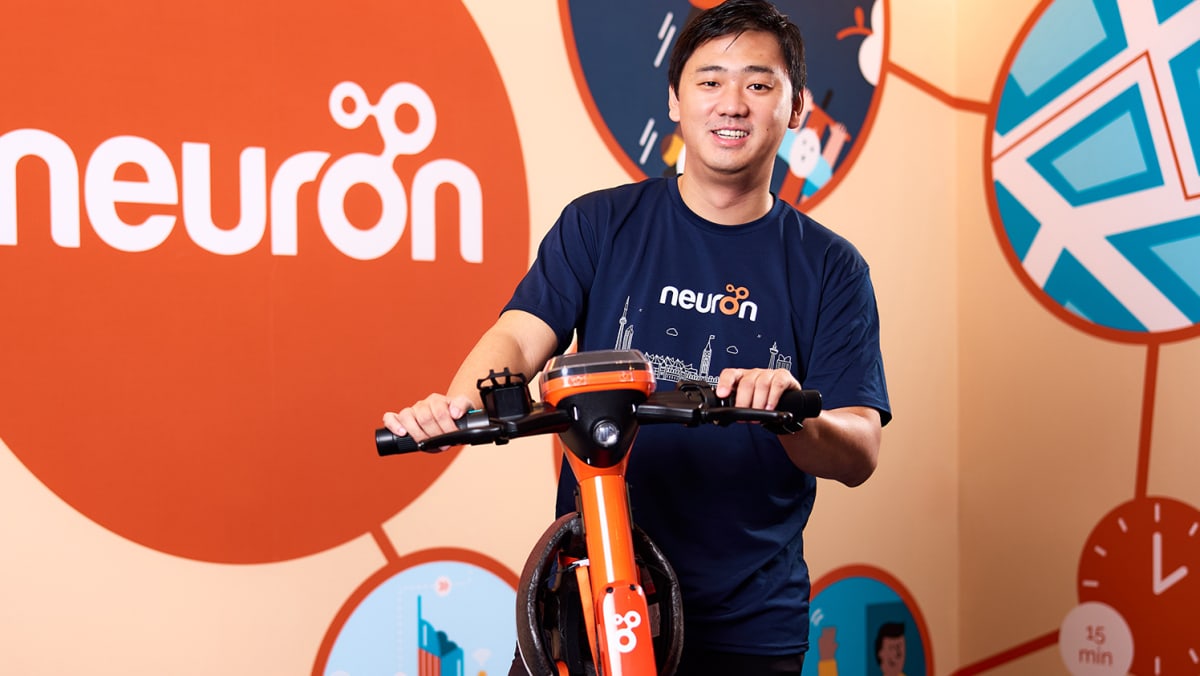But venture capital funding for start-ups was limited, as was interest in the green mobility sector. “You may have an ambitious goal, but you still need people and capital to achieve it, and it just didn’t exist at the time, which is why I started my first business before I went on to Neuron,” recalled Wang.
The young automotive engineer hedged his bets on the ratcheting adoption of renewables, and bootstrapped solar power company Rezeca Renewables. “I knew that more machinery and production would drive down the cost of solar energy, compared to the volatile price of traditional energy generation. Once it passes the parity point whereby solar power becomes cheaper than conventional energy, it’s a question of, ‘Why not?’” he reasoned.
Running a young start-up in a nascent industry, however, he would have to pass through the common gauntlet of cash flow issues. “I remember telling myself, ‘I’m going to do whatever it takes to make this work, even if that means selling the house or the car’,” he recalled, adding that there were occasions where he forewent his salary.
Thankfully, his earlier prediction reached full flower, and he did not have to resort to liquidating those assets. Business burgeoned in tandem with Singapore’s surging solar capacity, which in 2020 had charted a thousand-fold increase from that in 2008. By then, he’d already established Neuron Mobility. Wang eventually handed the reins of his first venture over to his wife, a former teacher and business graduate he’d met at NUS.
